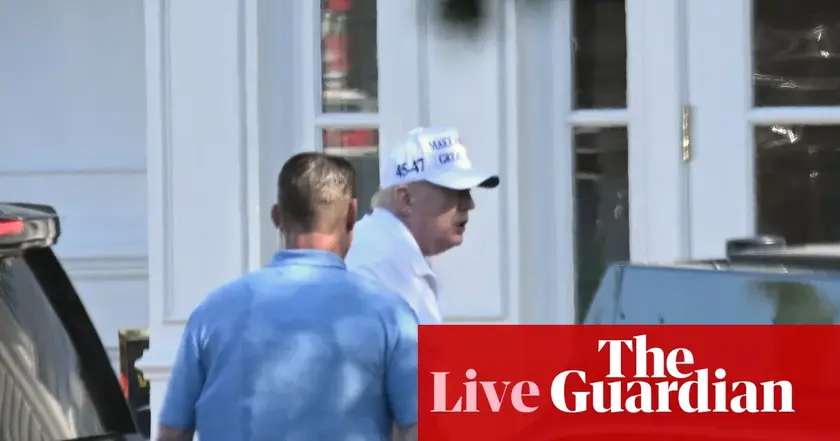T4K3.news
Bowser weighs response to federal policing in DC
Bowser signals cautious support while defending autonomy as Trump expands federal presence.
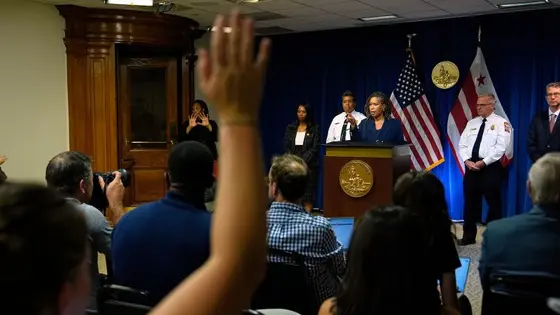
Bowser's cautious response to Trump's expanded policing in DC highlights the clash between local autonomy and federal power.
Bowser shifts tone as Trump crackdown tests DC autonomy
After Donald Trump won the presidency, Washington DC Mayor Muriel Bowser travelled to Mar a Lago to meet the new president. The move came as officials faced backlash over a large Black Lives Matter mural and as federal actions began to reshape policing in the capital. Bowser described the executive action as unsettling and unprecedented, while also noting the city lacks full autonomy to block it and that she cannot stop his plans. She suggested the increased law enforcement presence could have some positive effects, signaling a careful, nonpersonalized stance toward a controversial policy. Democratic leaders offered mixed reactions, with figures like Hakeem Jeffries criticizing Trump’s credibility on crime and other mayors warning against using local resources for political stunts.
Bowser’s tone shifted at a later virtual meeting with community leaders, where she pressed residents to defend home rule and the city’s autonomy. The discussion underscored a broader debate about DC’s status in the federal system, rooted in 1973 legislation that allowed local elected offices but still limits representation in Congress. As the federal push provokes both support and resistance, Bowser faces a defining test of her leadership and of how far a nonstate city can push back without losing essential tools for governance.
Key Takeaways
"The fact that we have more law enforcement and presence in neighborhoods, that may be positive"
Bowser on possible effects of federal policing
"The crime scene in DC most damaging to everyday Americans is at 1600 Pennsylvania Ave"
Jeffries criticizing presidential approach to crime
"You should not use our troops for political stunts"
Karen Bass on contingent federal actions
"Black Washingtonians have long recognized that community violence cannot be solved through state violence"
Nee Nee Taylor on policing and social investment
Bowser’s careful calculus reflects a larger pattern in urban governance where local leaders must navigate presidential power without full constitutional levers. Her restraint keeps the focus on autonomy and home rule, but it also risks appearing passive as federal actions reshape crime policy in the nation’s capital. The episode highlights how DC’s unique status forces elected officials to balance pragmatism with symbols of sovereignty. The politics of policing in DC is not only about law enforcement; it is about legitimacy, representation and the city’s ability to set its own priorities for public safety and social investment.
Highlights
- This is a time where community needs to jump in and we all need to do what we can in our lane
- We must protect our autonomy and Home Rule
- We will not be idle as oppressors structures try to harm our communities
- DC is not a state but it is a city where courage matters
Political sensitive risk surrounding federal policing in DC
The story involves federal authority, DC home rule and public reaction, which could spark political backlash and strategic calculations by local and national actors.
Autonomy remains the north star as the city weighs next moves against federal action.
Enjoyed this? Let your friends know!
Related News
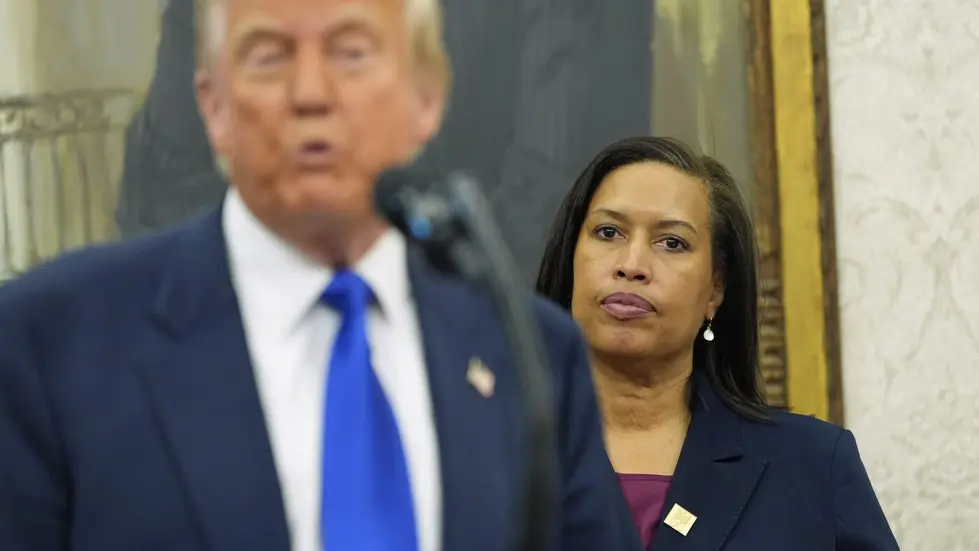
DC policing under spotlight as federal power looms
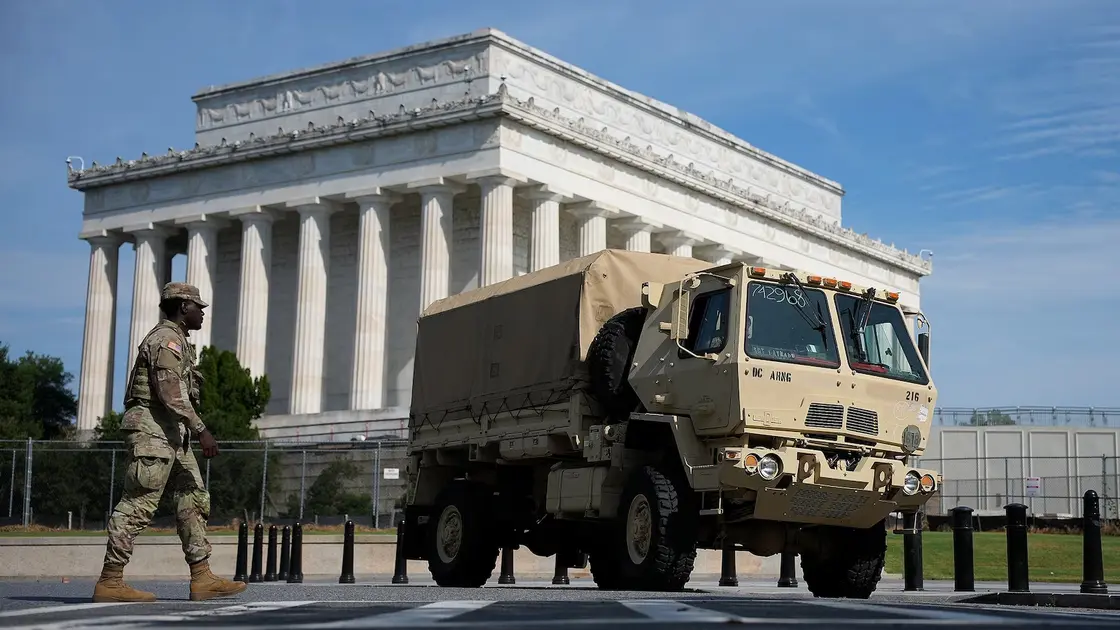
National Guard Patrols Begin in DC
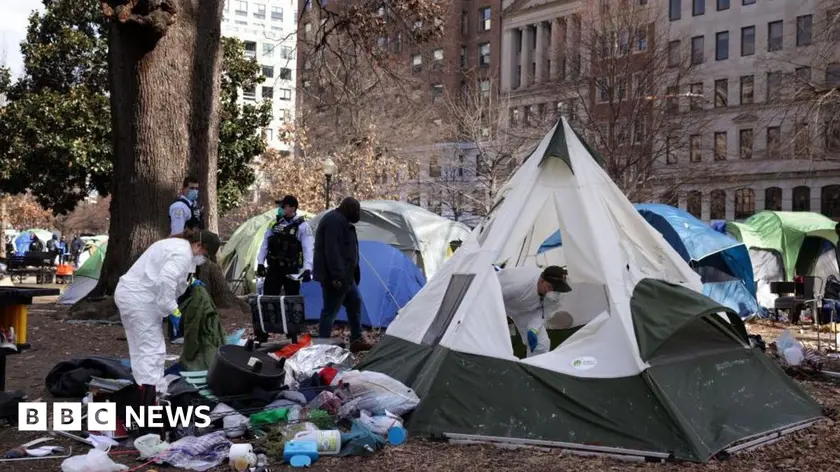
Homeless relocation plan in DC
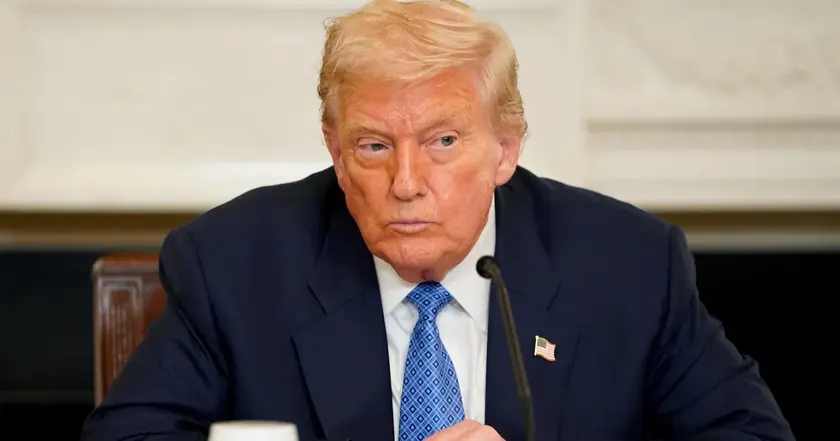
Federal questions unfold in DC
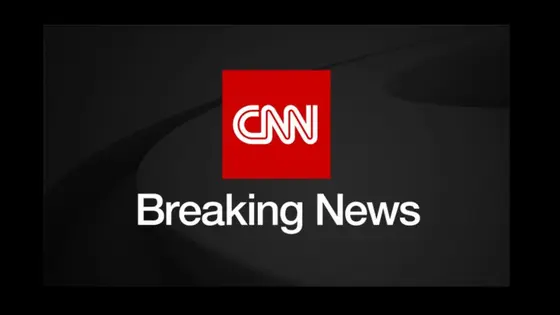
Trump administration increases federal law enforcement presence in DC
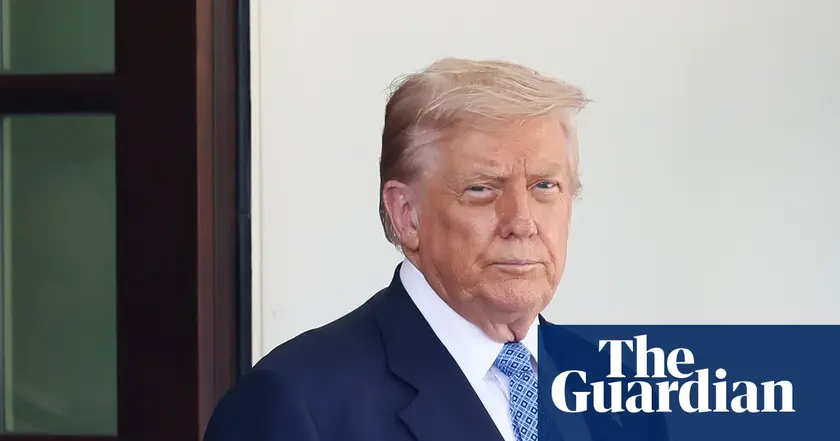
Trump pushes for DC evictions
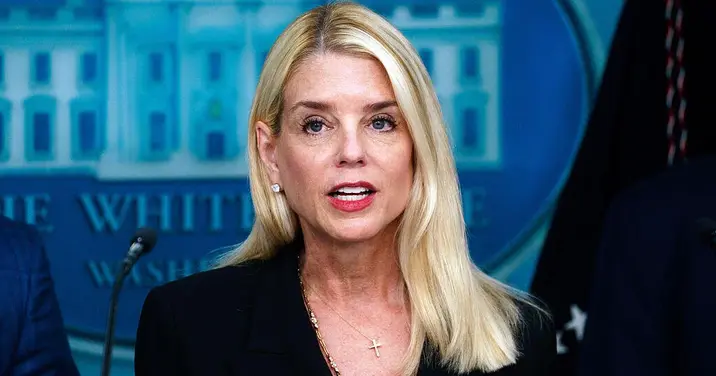
DC policy shift on sanctuary status
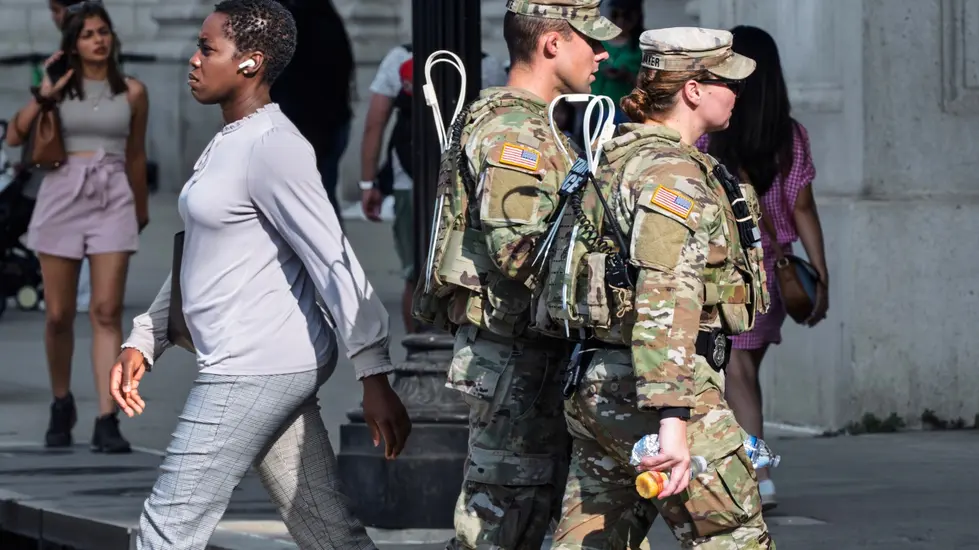
Federal police powers take hold in DC
